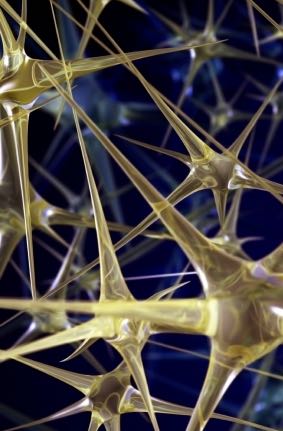Back to all publications...
On the Benefits of Disentangled Representations
Recently there has been a significant interest in learning disentangled representations, as they promise increased interpretability, generalization to unseen scenarios and faster learning on downstream tasks. In this paper, we investigate the usefulness of different notions of disentanglement for improving the fairness of downstream prediction tasks based on representations. We consider the setting where the goal is to predict a target variable based on the learned representation of high-dimensional observations (such as images) that depend on both the target variable and an unobserved sensitive variable. We show that in this setting both the optimal and empirical predictions can be unfair, even if the target variable and the sensitive variable are independent. Analyzing more than 12600 trained representations of state-of-the-art disentangled models, we observe that various disentanglement scores are consistently correlated with increased fairness, suggesting that disentanglement may be a useful property to encourage fairness when sensitive variables are not observed.
Francesco Locatello, Gabriele Abbati, Tom Rainforth, Stefan Bauer, Bernhard Schölkopf, Olivier Bachem
NeurIPS, 2019
[arXiv]

